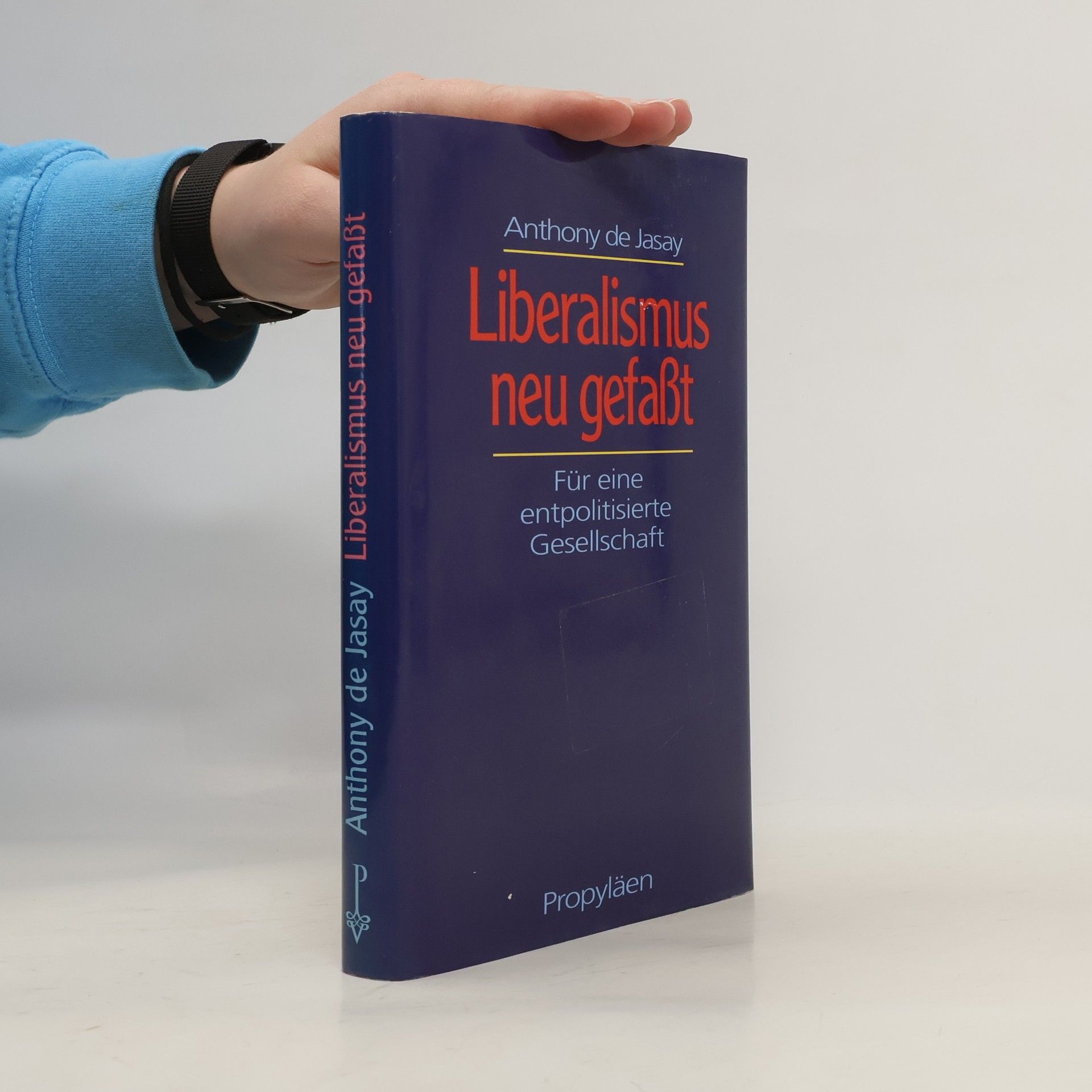An analysis of modern political arrangements that views the state as acting in its own interest contrary to the interests of individuals and even of an entire society. The text traces the logical and historical progression of the state from a modest-sized protector of life and property through its development into what the author believes to be an "agile seducer of democratic majorities" and "the welfare-dispensing drudge that it is today".
Anthony de Jasay Books





"Der indische Seiltrick" von Anthony de Jasay kritisiert den sorglosen Umgang mit Sprache im modernen politischen Denken. Er beleuchtet, wie Begriffe wie "soziale Gerechtigkeit" missbraucht werden und argumentiert, dass echte Gerechtigkeit vor der behaupteten sozialen Gerechtigkeit kommt. Linguistische Tricks führen zu einer Illusion von Gleichheit.
Der Gesellschaftsvertrag und die Trittbrettfahrer
Abhandlung über öffentliche Güter
- 400 pages
- 14 hours of reading
Der Staat
- 298 pages
- 11 hours of reading
Der Staat ist die Erstübersetzung von Anthony de Jasays Buch The State von 1985. Das Buch ist eine Abhandlung zu Grundfragen der modernen politischen Theorie, für die der Autor eine ungewöhnliche Perspektive wählt: die des Staates. Es ist üblich (auch im Klassischen Liberalismus), den Staat als ein Instrument zu sehen, das den Menschen dazu dienen soll, gemeinsame Ziele zu verfolgen. Das weiß auch der Autor. Was aber, so Jasay, wenn wir einmal annehmen, der Staat hätte einen eigenen Willen und eigene Ziele? Zur Beantwortung dieser Frage erkundet Jasay die systematische und historische Entwicklung, die der Staat von seinen Anfängen bis in die Gegenwart hinein genommen hat; vom bescheidenen Minimalstaat, der Leben und Eigentum sichert, bis hin zum vielbeschäftigten Verführer demokratischer Mehrheiten. Nach Liberalismus neu gefaßt (Choice, Contract, Consent) ist Der Staat das zweite Buch Jasays, das auch in deutscher Sprache vorliegt.
Liberalismus neugefasst - für eine entpolitisierte Gesellschaft
- 175 pages
- 7 hours of reading